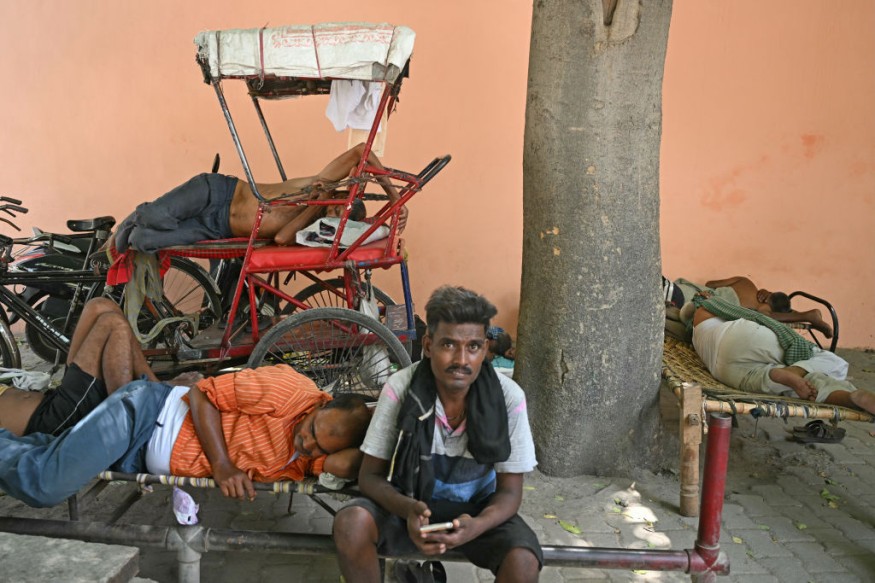
Due to the extreme heat and inadequate hydration consumption, there has been a notable rise in kidney stone cases among Delhi's younger population, specifically those between the ages of 20 and 40.
Dehydration Due To High Temperatures
A recent study says doctors have noticed a 30-40% increase in kidney stones, and they primarily attribute this to dehydration brought on by the high temperatures.
In many regions of India, temperatures are soaring by up to 45 degrees Celsius. Severe heatwave conditions and high surface winds are prevalent in Delhi and other North Indian cities, and there doesn't seem to be any relief from the intense heat anytime soon. If the divergence from average is greater than 6.4 notches, a severe heat wave is proclaimed.
Long-term exposure to hot conditions and heatwaves can have detrimental effects on health, including dehydration and heat exhaustion.
Speaking on the growing number of young people experiencing kidney stones, nephrologist Dr. Vinant Bhargava stated that people may experience an increase in kidney stone problems as a result of consuming less water and spending more time in the heat.
"Whenever we receive cases of people suffering from kidney stones, we always ask them to increase their water consumption. If someone is not suffering from kidney stones and getting exposed to heat, it can only be possible when there is a high amount of protein in their diet," he added.
Kidney Stone Symptoms
Although dehydration is the main cause, other factors are also very important.
According to Dr. Rohit Kaushal, senior consultant in urology and kidney transplant at Max Superspeciality Hospital, Saket, individuals who consume high-oxalate foods-such as chocolate, nuts, coffee, and green leafy vegetables-have a higher risk of developing kidney stones than others.
In addition to genetic predisposition, a family history of kidney stones can increase an individual's susceptibility.
It is also well known that those who consume excessive amounts of dairy products are more likely to acquire stones. There are additional factors that can raise the risk of stone formation, such as primary hyperoxaluria, a condition of disturbed metabolism marked by an elevated excretion of oxalate in the urine.
Kidney stones frequently occur without any prior symptoms. It can take a few days or even weeks for people to feel pain or realize they have a stone until it starts to shift or obstruct their urinary tract.
Kidney stones typically cause excruciating, continuous pain on the side of the abdomen or back, frequent urination, and occasionally hematuria, or blood in the urine.
Alongside the severe discomfort that the stones produce, other related symptoms may include nausea and vomiting.
Dr. Anupam Roy, associate director in the department of nephrology and renal transplant at Venkateshwar Hospital, Dwarka, advised that the mainstay of kidney stone prevention, especially in the summer, is staying hydrated.
"The best way to prevent stone formation is by staying hydrated and consuming plenty of fluids, especially during the hot summer months. Restrictions on salt and protein intake also help," he added.
© 2025 NatureWorldNews.com All rights reserved. Do not reproduce without permission.





